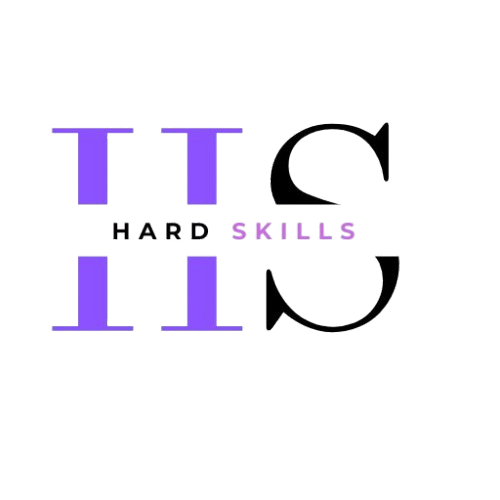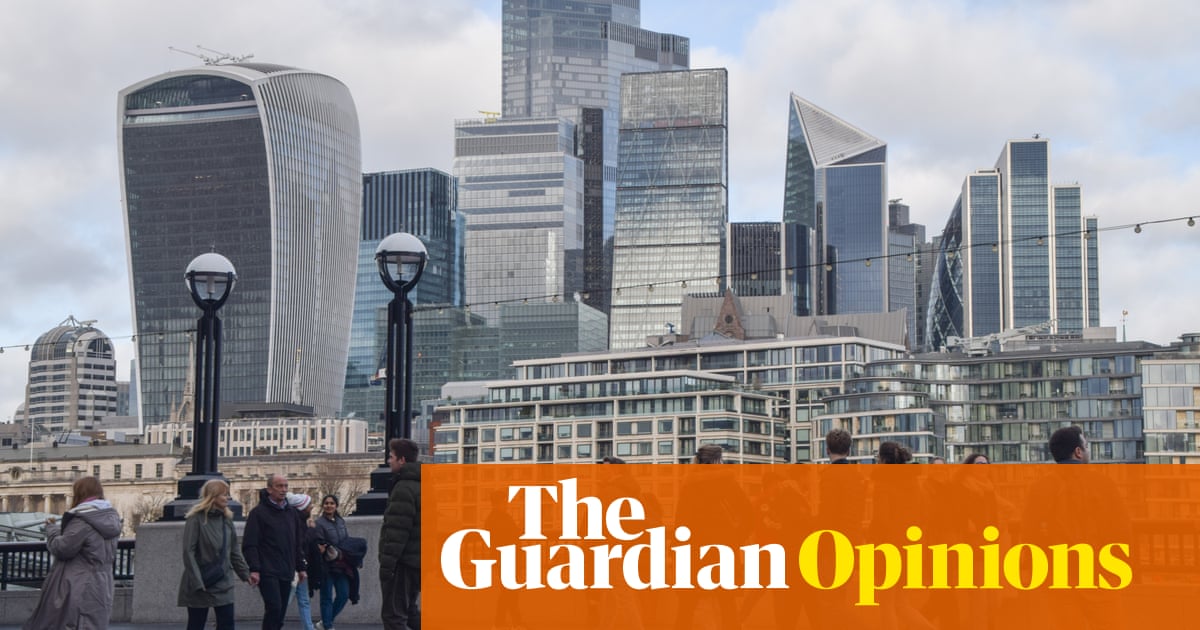Save UK investment trusts from New York’s blackjack raider. Vote no to Saba | Nils Pratley
Saba Capital’s proposals are “self-serving and destructive”, says the chair of one of seven London-listed investment trusts in the firing line of the New York hedge fund. Another is “appalled by Saba’s action and conduct”. A third says Saba is pursuing “a backdoor attempt to seize control of the trust”. A fourth thinks Saba is following an “unknown and unproven” strategy and, similarly, is trying “take control of your company for its own economic benefit”.
When opinion is so uniform, it is tempting to take the opposite side and suspect a case of vested City interests feeling threatened. After all, the popular criticism of investment trusts – companies that invest in other companies – is that there are too many of them and that their boards are complacent even when share prices trade at frustratingly wide discounts to the value of the underlying assets.
If Boaz Weinstein, the Saba founder, thinks he can “quickly deliver substantial liquidity and long-term returns to all shareholders”, why not let him try? Weinstein may drone on, irrelevantly, about his skill at counting cards in blackjack, but he has also committed £1.5bn by buying stakes of between 19% and 29% in the seven trusts.
But there is a problem with the exciting narrative of an outsider upsetting a cosy City club. It is nonsense. No shareholder in the trusts – US Growth, Edinburgh Worldwide and Keystone Positive Change (all run by Baillie Gifford); Henderson Opportunities and European Smaller Companies; CQS Natural Resources Growth & Income; and Herald – should be tempted to support Saba’s attempt to unseat seven boards and install its own nominees. Instead, they should actively vote against the hedge fund.
Saba’s “mind the gap” campaign has taken a weird scatter-gun approach to selecting targets. Herald, the biggest of the bunch with a £1.2bn value, has performed superbly for its shareholders over the long term; they have made 29 times their money since launch in 1994. As Herald is a technology specialist, its investors surely understand there will be volatility along the way, so concentrating on three-year returns, as Saba does, misses the point (and, anyway, compared with its benchmark, Herald has actually outperformed in that period).
Nor has Saba picked only on trusts that refuse to address their discounts to asset value. Keystone, one of the tiddlers, has acknowledged its poor performance and had already produced a plan (partly at Saba’s urging) to allow investors to choose between getting out at 1% discount to asset value or rolling over into a sister fund. Over at Edinburgh Worldwide, some £130m of funds is available for buy-backs.
Thus the chairs are right to suspect that Weinstein is simply a minority owner who fancies full control, thereby undermining a key point about investment trusts that boards should be independent. Nor is it remotely clear how Saba can simultaneously deliver both “substantial liquidity” and “long-term returns for all shareholders” in cases where the underlying assets are unquoted or illiquid – selling such stocks tends to be time-consuming if you want fair value. Nor have shareholders been told what charges would apply if Saba appoints its own fund manager (Baillie Gifford US Growth notes Saba’s charges on publicly available funds in the US are “materially higher” than its own).
A Saba-determined future also looks like a mystery tour given the vagueness of its idea of shifting investment mandates “to focus on purchasing discounted trusts”. Many shareholders in the seven trusts have invested because they want exposure to tightly-defined investment themes.
after newsletter promotion
The cleverness of Weinstein’s campaign is that it has a chance of succeeding – perhaps not all seven trusts, but maybe at a few. Retail investors are notoriously poor at turning out to vote and not all investment platforms make the process simple. But that is a reason why the City should wake up and make more of a protest about this attempted revolution.
To repeat, not everything is rosy in the world of investment trusts: some funds are undifferentiated and some boards aren’t sufficiently active. But investment trusts as a whole – there are 88 of them in the FTSE 250 index – are definitely worth defending against smash and grab merchants. If a New York hedge fund, offering only thin promises to close valuation gaps, can seize control of seven trusts, then the London stock market is in more trouble than we feared. Vote no to Saba.


0 Comment